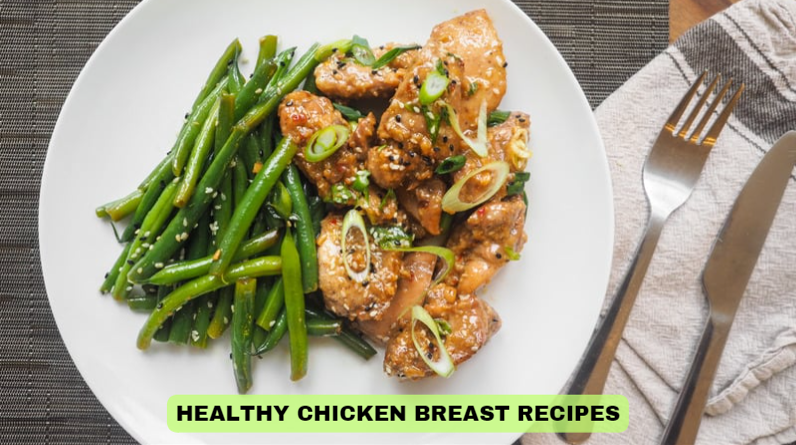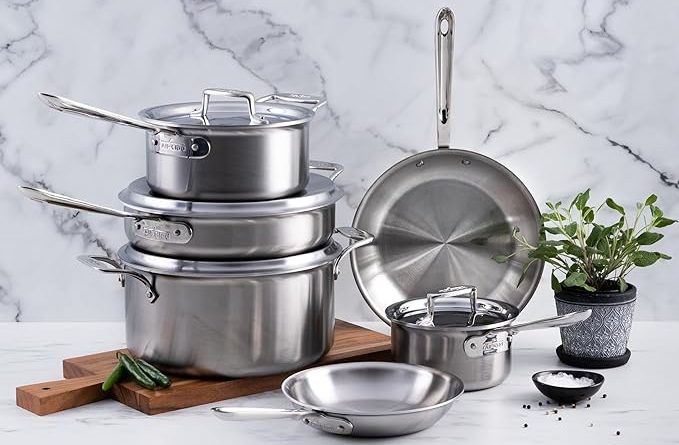
Eating Natural For Weight Loss: 7 Practical Tips
Looking to shed those extra pounds? It can be challenging to find a weight loss diet that works. Here are 7 practical tips that can help you achieve your weight loss goals:
- Drink plenty of water. Water helps cleanse your body, detoxify, and keep you hydrated.
- Develop self-confidence and personal discipline. Stick to your diet plan and avoid fatty, unhealthy meals.
- Avoid junk food. Junk food is high in calories, carbs, and sugar, which can derail your weight loss efforts.
- Get some physical exercise. Engage in outdoor activities, sports, and regular exercise to burn calories and excess fats.
- Stop overeating. Listen to your body and stop eating when you feel full. Overeating leads to unnecessary fats and weight gain.
- Extreme weight loss is hazardous. Don’t fall for weight loss programs that promise to help you lose 10-20 pounds per week, as it’s not sustainable or safe.
- Get some good feedback. Positive feedback from friends and family is important to keep you motivated and focused on your goals.
Remember that the key to successful weight loss is to develop a healthy eating routine and stick to it. Instead of quick-fix diets that promise rapid weight loss, try eating natural and nutritious foods that provide your body with the nutrients it needs. Incorporate fruits, vegetables, whole grains, lean protein, and healthy fats into your diet. With consistency and determination, you can achieve your weight loss goals and maintain a healthy lifestyle.
- Choose Whole Foods:
Eating whole, natural foods is a great way to support weight loss. These foods are typically lower in calories and higher in nutrients, which can help you feel fuller for longer while also supporting overall health. Choose whole foods like fruits, vegetables, whole grains, lean proteins, and healthy fats. Avoid processed foods and snacks that are high in sugar, salt, and unhealthy fats.
- Incorporate Healthy Fats:
Not all fats are created equal, and some fats can actually be good for weight loss. Healthy fats like those found in nuts, seeds, avocado, and fatty fish can actually help you feel full and satisfied, while also providing important nutrients. Incorporate healthy fats into your diet by adding nuts and seeds to salads or snacking on avocado with whole grain toast.
- Watch Your Portions:
Even healthy foods can contribute to weight gain if you eat too much of them. Be mindful of portion sizes and try to eat slowly, paying attention to your body’s hunger and fullness signals. Use smaller plates and avoid distractions like screens while eating to help you tune into your body’s natural cues.
- Cook at Home:
Cooking at home can help you have more control over what goes into your meals and how they’re prepared. This can be a great way to ensure that you’re eating natural, whole foods and avoiding added sugars, unhealthy fats, and excess salt. Experiment with different recipes and cooking techniques to keep meals interesting and enjoyable.
- Don’t Skip Meals:
Skipping meals can actually make weight loss more difficult, as it can lead to overeating later on or choosing less healthy foods out of desperation. Instead, aim to eat three balanced meals a day, with snacks as needed. This can help keep your metabolism running smoothly and prevent blood sugar fluctuations that can lead to cravings and overeating.
By incorporating these strategies into your weight loss plan, you can support your body’s natural ability to shed excess pounds and maintain a healthy weight over the long term. Remember that healthy weight loss is a gradual process, and that small, sustainable changes are key to success. Eating natural, whole foods and paying attention to your body’s signals can help you achieve your goals and feel your best
HEALTHY HUMANS HUB







